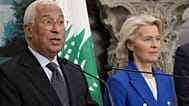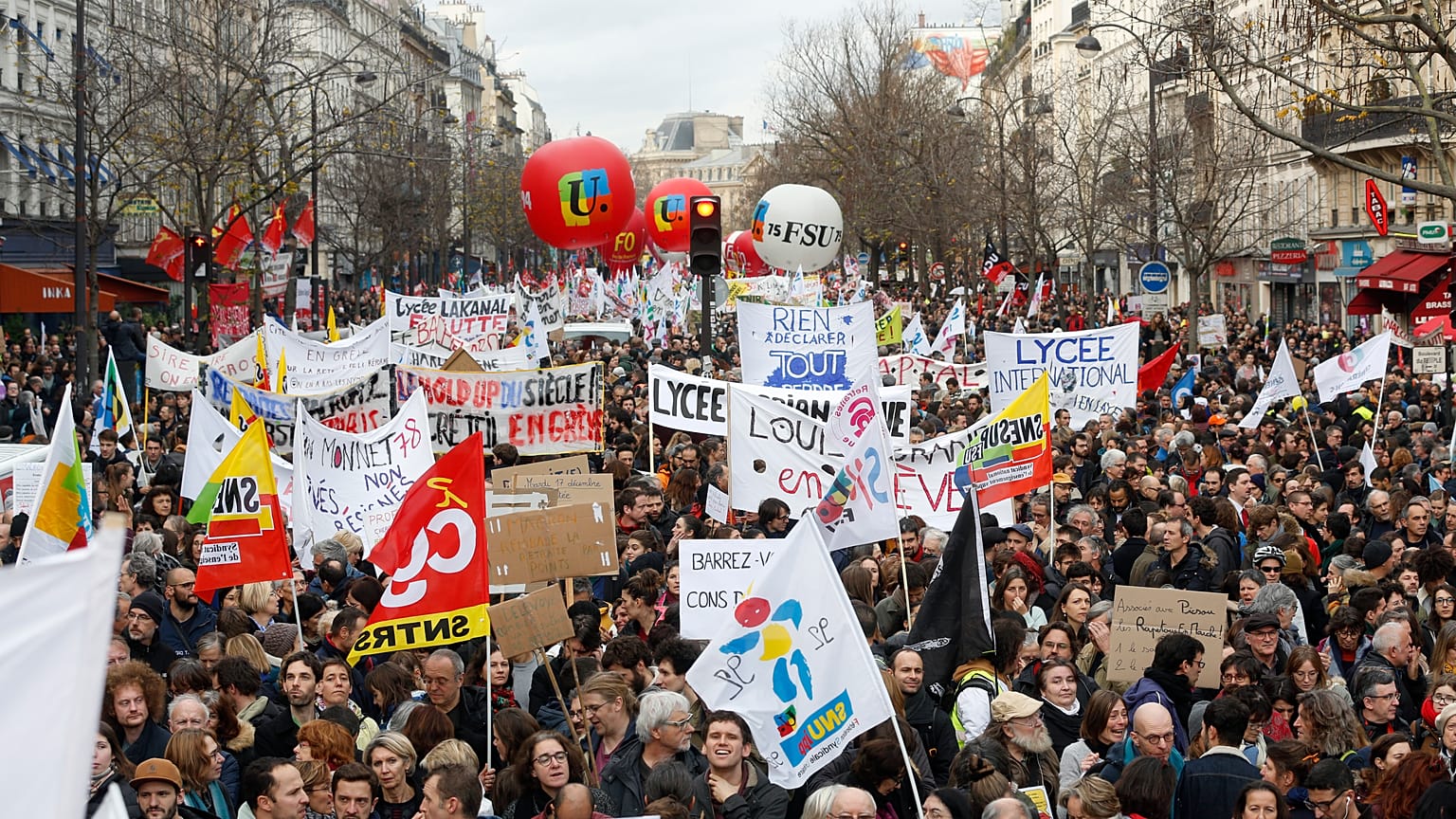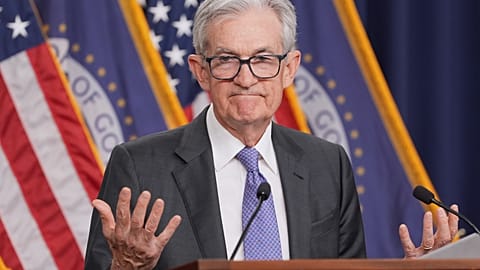President Macron's government celebrates as the jobless rate falls more than predicted in France.
Unemployment in France declined to a rate of 7.3% in the second quarter of 2024, according to data shared by the country's national statistics agency, INSEE, on Friday.
The total was down from a rate of 7.5% seen in the first quarter and represents a 0.1% year-on-year rise.
This means that 2.3 million people in France are out of work, a quarterly drop of 40,000.
The result comes as a surprise for INSEE, who had recently suggested that the unemployment rate would remain stable in the second quarter. The body also predicted that this total would rise to 7.6% by the end of the year.
In May, the head of the employment department at INSEE Vladimir Passeron noted that the job market was showing signs of "resilience" faced with a "sharp slowdown" in economic activity.
Speaking to FranceInfo, he noted that unemployment had dropped to low levels "in the fourth quarter of 2022 and the first quarter of 2023". He nonetheless added: "it has slowly started to rise again over the past year", hinting at a continuing upward trend.
When Friday's figures bucked expectations, France's outgoing Finance Minister took to X to celebrate.
"Highest employment rate, falling unemployment, positive growth, dynamic exports: France is on the right track! Only consistency and stability produce results in economic policy," said Bruno Le Maire.
France's unemployment data suggests that the labour reforms introduced by President Emmanuel Macron, despite their unpopularity, have reduced joblessness in the country.
"It's positive that the activity rate remains at a historic record level, giving indication that Macron's reforms since 2017 are increasingly paying off," said Armin Steinbach, Professor of EU Law and Economics at HEC Paris.
"Structural reforms have incentivised employers to rely on the senior workforce and pushed the unemployed to speed up job hunting".
Steinbach added that reforms have also boosted "the continued up-skilling of workers".
Macron has made "full employment" a core goal of his second term ending in 2027, although his government was recently forced to scrap a reform to jobless benefits - a consequence of the recent legislative election.
The results of this vote, which saw France's leftist coalition the New Popular Front gain the most support, mean that Macron must appoint a new Prime Minister.
Until the Olympics are over, the President has argued that this handover must be postponed, although experts have warned that the uncertainty is hampering investment.
Bruno Le Maire, France's caretaker Finance Minister, has notably shared this view.
Looking into the breakdown of Friday's unemployment rate, the total decreased by 0.4 percentage points on the quarter for people aged 15 to 24.
Over the year, it rose 0.8 percentage points for this group.
For those aged 25 to 49, it was virtually stable over the quarter (-0.1 points) and over the year (+0.1 points).
Concerning those aged 50 or more, meanwhile, the rate was unchanged over the quarter and over the year.
To look at the gender split, the women’s unemployment rate barely increased over the quarter, rising 0.1 points to 7.4%.
The men's unemployment rate decreased by 0.3 points, to 7.3%.


















